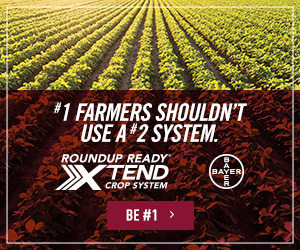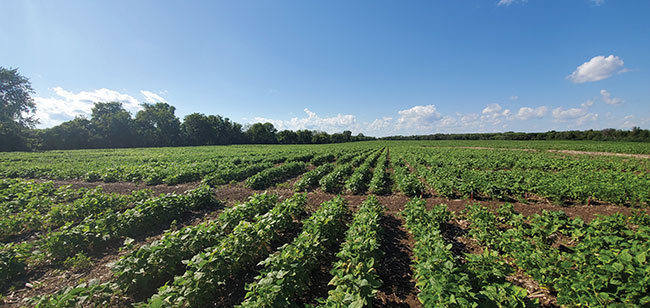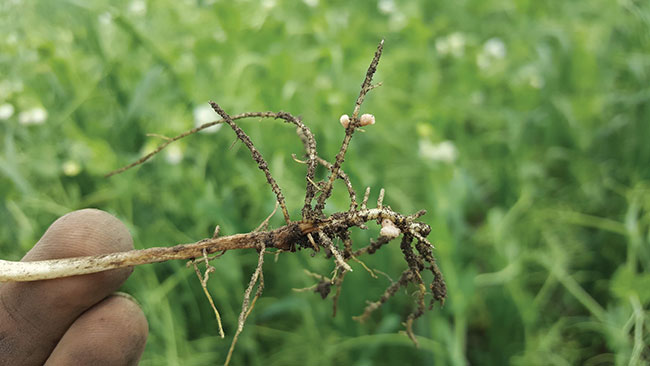View As Webpage | View Archives | Email a Friend
| ||||||||||||||||||||||||||||||||||||||||||||||||||||||||||||||||||||||||||||||||||||||||||||||||||||||||||||||||||||||||||||||
|
CASL |
Privacy | Accessibility | Unsubscribe
If you click any ad links, we may provide your contact information (not your email) to that advertiser or sponsor. Copyright ©@{mv_date_yyyy}@ Annex Business Media P.O. Box 530, 105 Donly Drive S, Simcoe, ON, CANADA N3Y 4N5 customercare@annexbusinessmedia.com Customer Service: Tel 1-800-668-2374 |










